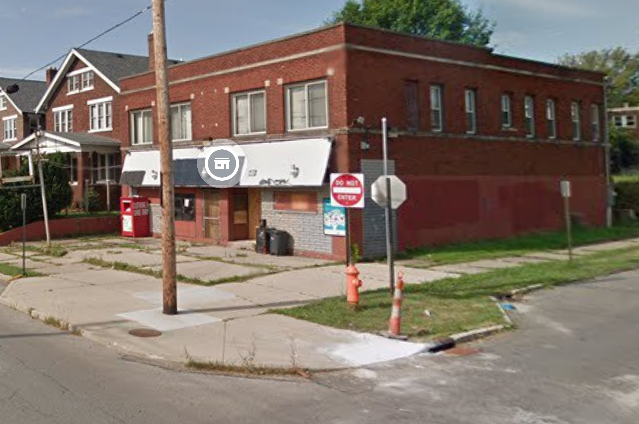Columbus City Council approves $500,000 for coworking space for women of color

The Columbus City Council approved $500,000 for Zora's House to help build a $4.5 million coworking center in Weinland Park for women of color to help them start businesses.
"Women of color are the fastest-growing population in Franklin County," LC Johnson, founder and CEO of Zora's House, said before City Council approved the funding Monday. The space will also serve as a leadership incubator for them, Johnson said.
The 10,000-square-foot building will be built on the site of a former carryout at North 4th Street and East 8th Avenue in the Weinland Park neighborhood near the Short North and Ohio State University. Zora's House has been in a 2,000-square-foot building on Summit Street.
The building is to include coworking space on the first floor, bedrooms for a residency program on the second floor and subsidized office space on the third floor. Zora's House will also connect women with mental health services, said Council President Pro Tem Elizabeth Brown.
The nonprofit group has served 3,000 women since its founding in 2018.
The Columbus Foundation and the Ohio Capital Corporation for Housing have each contributed $250,000 to the project. Johnson said other funders include JP Morgan Chase, Victoria's Secret and Alliance Data Systems, now Bread Financial.
Johnson said construction should begin in October and be finished by fall 2023. The original cost was to have been $3 million, but rising construction prices forced the price tag higher.
In other business Monday, the City Council also approved more than $9 million for programs for local shelter services for the city's homeless population, including $5.4 million for the Community Shelter Board.
The package is part of $19 million that city officials said will go to shelter services and other human services organizations.
In addition to the money for the Community Shelter Board, the City Council approved the following allocations of federal American Rescue Plan money:
? $1.25 million for Faith Mission, which has two men's and one women's shelter that serve about 1,900 people a year.
? $1.7 million for the YWCA Columbus, which operates the Family Center emergency homeless shelter, to help with remodeling of the space for infection control, improving the heating, cooling and ventilation system and some operational expenses.
? $1.07 million for the YMCA of Central Ohio, which operates the Van Buren Emergency Shelter east of the Cooper Stadium site in Franklinton.
In January the Community Shelter Board's annual point-in-time census counted 1,200 people sheltered overnight.
Joe Motil, a former council candidate and frequent city government critic, reminded the council members that they will receive another $93 million in federal American Rescue Plan money soon on top of a $44.7 million balance from last year. He again asked that $60 million of that money be set aside toward affordable housing.
Mayor Andrew J,. Ginther said in his State of the City speech on March 15 that Columbus residents will be voting on a bond package in November that would raise $150 million toward affordable housing.
City council approved a five-year Downtown office incentive agreement with Orveon Global US LLC. a wholesaler and distributor of skin care products and cosmetics that wants to establish corporate offices at 343 N. Front St. next to Nationwide Arena.
Orveon plans to invest $1 million in the space and bring in 150 full-time employees with an annual payroll of $15 million and pay ranging from $80,000 to $150,000 a year. The work should be done by August.
Under the terms of the deal, 50% of the income taxes its employees are projected to pay will go to the company. The company and city are expected to each receive $937,500 over the five years.
Orveon Global's brands include Bare Minerals, Buxom, and Laura Mercier. The Ohio Tax Credit Authority in March approved an estimated $3.1 million in tax credits for the company.
City Council also approved legislation to amend its "wage theft" legislation that public entities such as Ohio State University would have to abide by if they receive financial incentives as private companies do.
In September 2020, the City Council approved legislation that said companies will be ineligible for up to four years to receive any financial incentives the city provides, as well as city contracts, building permits, and commercial licenses or business permits, if they did not pay overtime, or minimum or prevailing wages.
Councilman Rob Dorans said the legislation needed to be amended as City Council in December approved a tax-incentive package for Ohio State to build its Innovation District west of campus, a $3 billion to $4 billion investment over 20 to 30 years.
"If you're talking about hundreds of millions of dollars, they should be held to the same standard," said Dorans, who sponsored the legislation.
@MarkFerenchik
This article originally appeared on The Columbus Dispatch: Coworking space for women of color to be built in Weinland Park